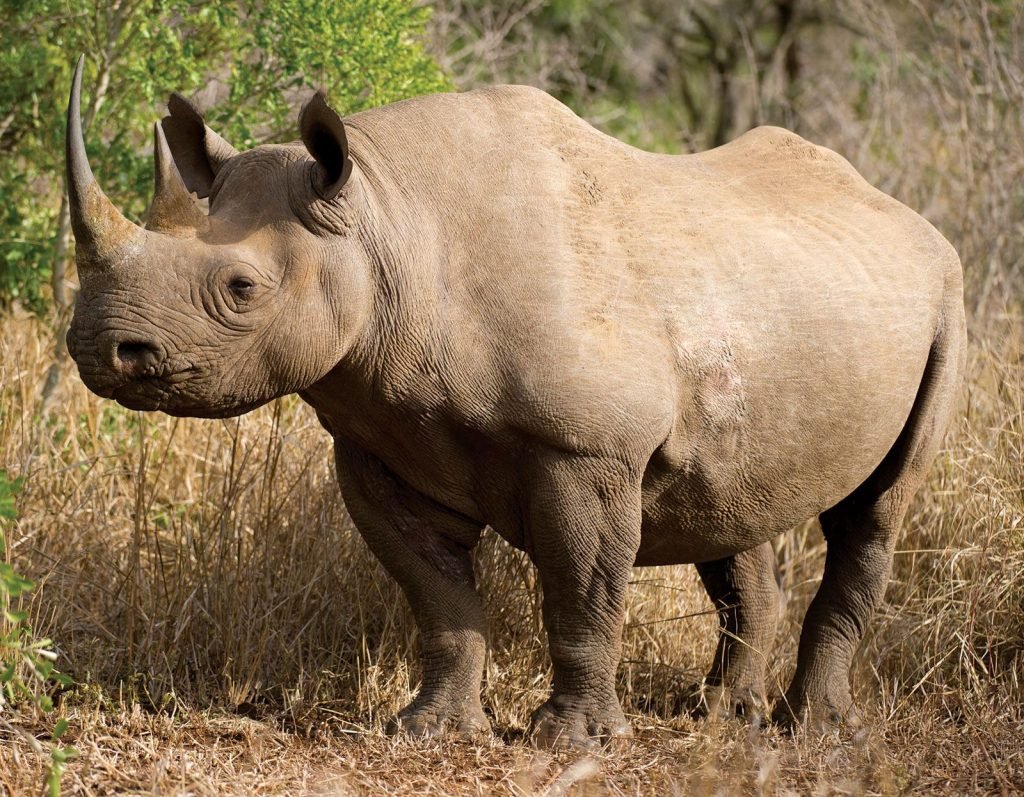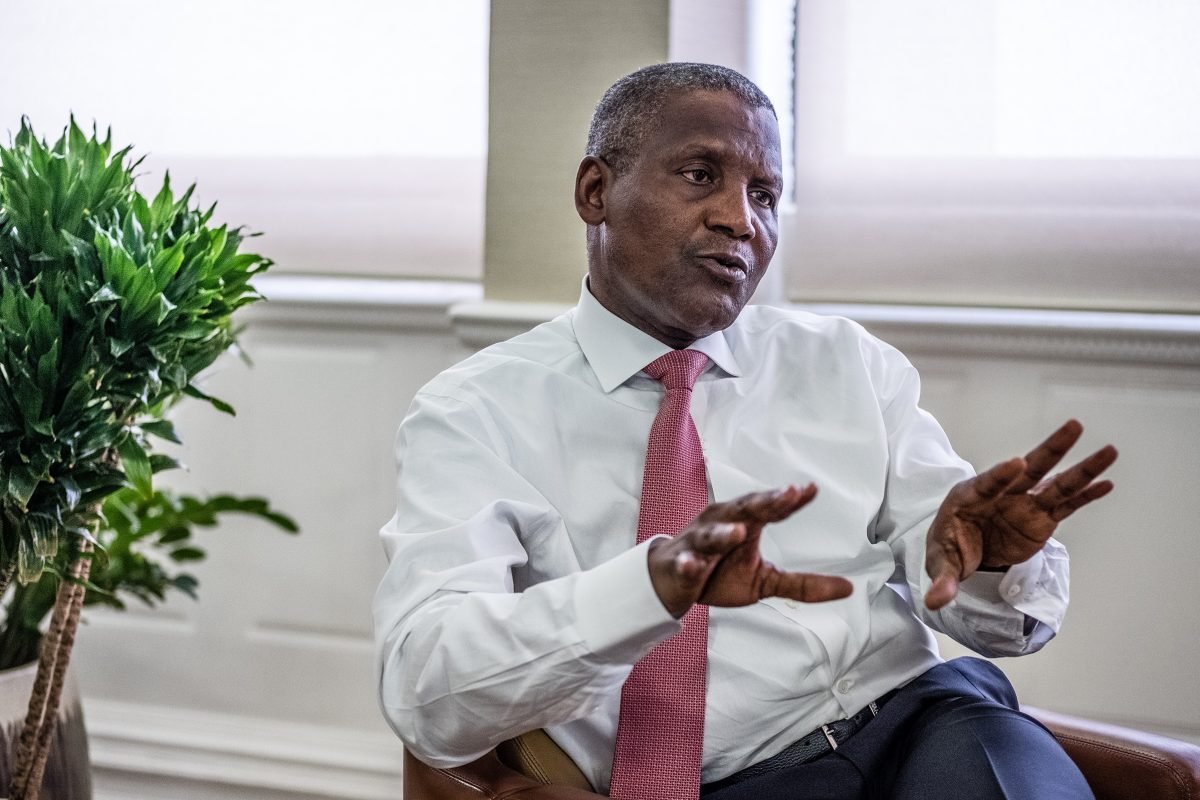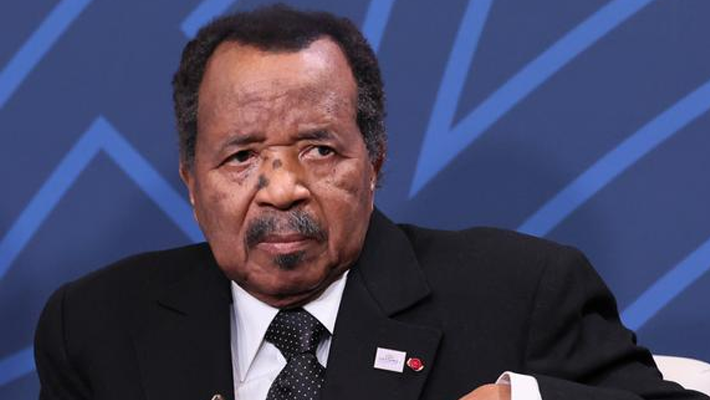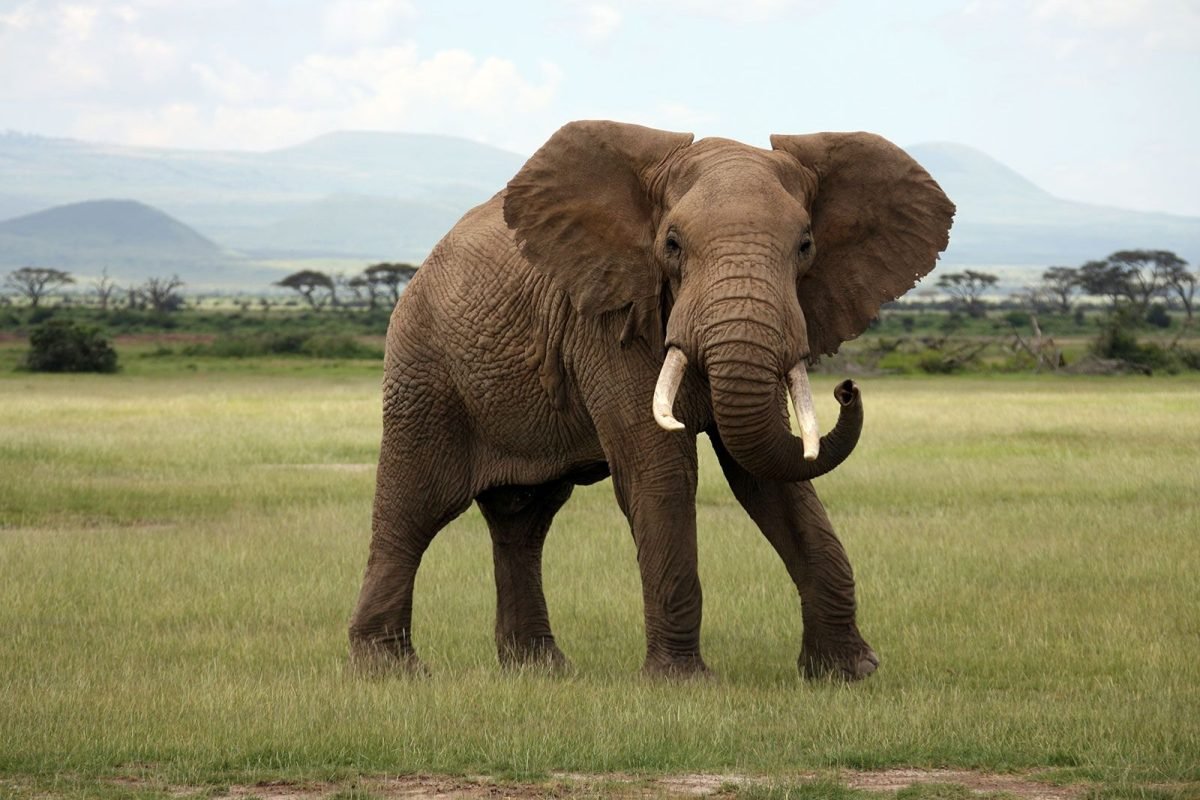1869 Hippolyte Mege Mouries received French patent No. 86489 for his process to make margarine. Emperor Napoleon III had offered a prize for a suitable substitute for butter, for use by the French Navy.\

70 Rhinos Bred At Rwanda’s Controversial Captive Breeding Farm Set Free
Transporting the world’s second largest land mammal halfway across the second largest continent isn’t exactly easy.
But in a 3,400-kilometer (2,100-mile) journey that involved crates, cranes, trucks, and a Boeing 747, 70 captive bred southern white rhinos were moved from South Africa to Rwanda’s Akagera National Park in early June as part of an initiative to “rewild” them.

“Moving 70 rhinos across the continent is high-risk stuff,” Martin Rickelton, the head of translocations for African Parks, told CNN. So far, the animals appear to be doing well in their new home. “All reports are good,” Rickelton adds.
The creatures, which can weigh over 2,000 kilograms (more than 4,000 pounds), originated from a controversial breeding program started in the 1990s by property developer John Hume.
Hume, who spent years lobbying for the legalization of the rhino horn trade, amassed stockpiles of horn, obtained by trimming them without harming the animals, with the aim of flooding the market to driver poachers out of business and to fund conservation efforts.
But he ran out of money, and with the horn trade still banned under international law, he put the rhinos up for sale in 2023. He told Agence France-Presse (AFP) at the time that he’d spent around $150 million on the project – with surveillance being the largest cost. “I’m left with nothing except 2,000 rhinos and 8,000 hectares (20,000 acres) of land.”
He didn’t receive a single bid. African Parks — a conservation nonprofit that manages 23 protected areas across the continent — stepped in to acquire for an undisclosed sum what was the largest rhino captive breeding operation in the world, with plans to “rewild” the animals over 10 years.
The translocation marked the first cross-continental move for African Parks’ Rhino Rewild initiative.
“It’s a very important milestone,” says Taylor Tench, a senior wildlife policy analyst at the nonprofit Environmental Investigation Agency US, who wasn’t involved in the relocation. “This is definitely a big development with respect to African Parks’ efforts.”Today, there remain only about 17,000 southern white rhinos in Africa and they’re classified as “near threatened” on the International Union for Conservation of Nature’s Red List. That means the 2,000 southern white rhinos that African Parks bought, and plans to spread around the continent, comprise more than 10% of the remaining population.
Although the international trade of rhino horn has been banned under the Convention on International Trade in Endangered Species (CITES) since 1977, demand from consumers in Asia who see it as a status symbol, or falsely believe it can cure ailments ranging from hangovers to cancer, is still driving poaching.
Source: Foodreference.com






